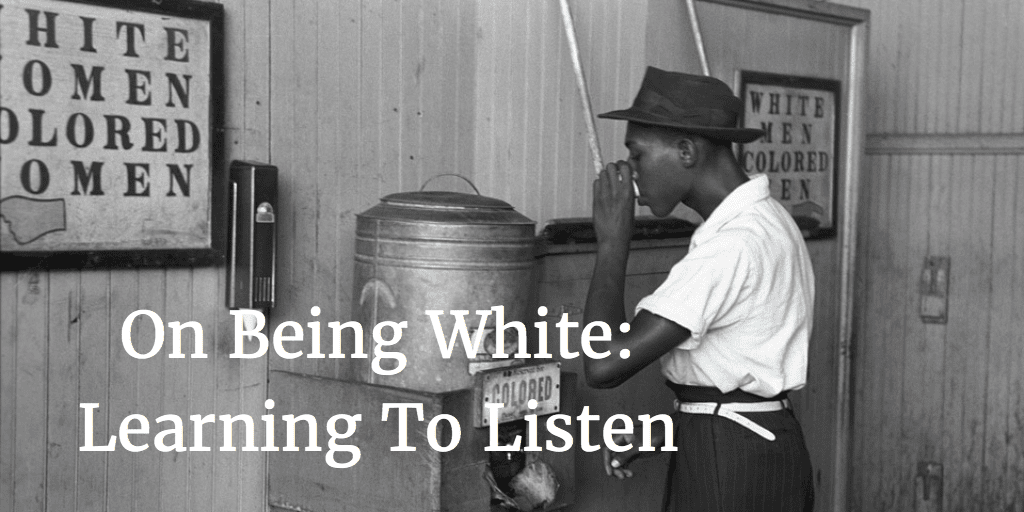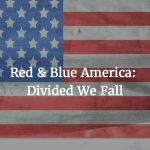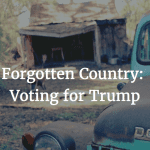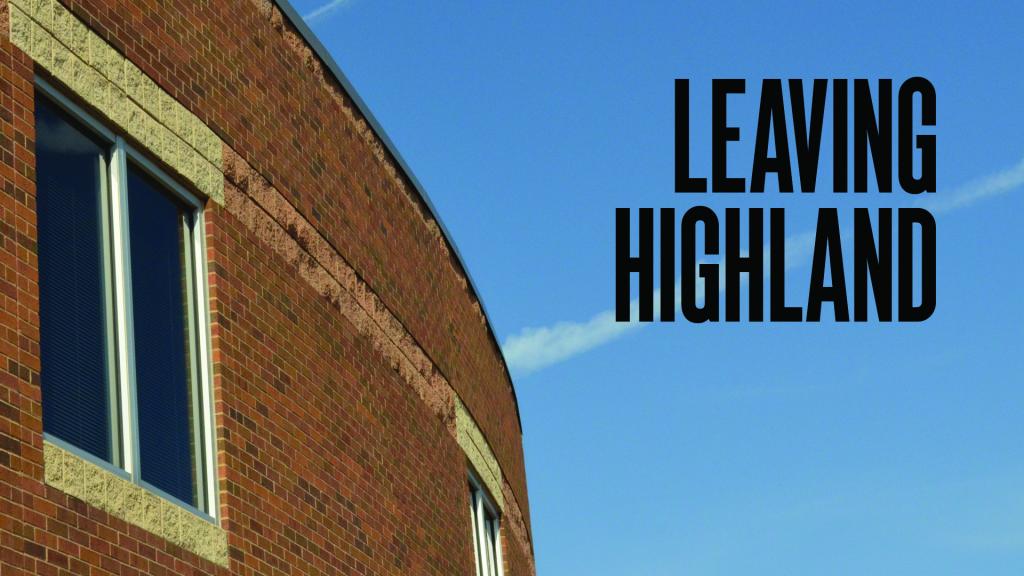
I learned a lot about being white from my black friends.
After all, this is the color of skin that I’ve been wrapped in my entire life. I’ve only known this experience, and the culture that I grew up in talking about racial differences was always exasperated by the simmering anger and guilt that was under the surface. So we avoided each other, or at least we avoided talking about our differences.
But about 20 years ago, when I first became a Christian I knew this was part of what my conversion and repentance meant, and so I began to intentionally seek out people who didn’t look like me to spend time with. At first it was probably patronizing and self-righteous, but over time, getting to know my black brothers and sisters changed me.
There are so many potential landmines and ways to offend and be offended that it’s easier to not talk about it at all. But love is not easily offended and in that spirit I’d like to write a short series as a way of tossing my hat in the ring for what’s going on in our world today.
It’s from a certain perspective, and not a profound one, but I’m hoping that I’m not alone in the desire to be a better brother and neighbor, and the confusion that I feel about what the next right thing to do is, and how to go about doing it.
The Problem of Trust
A couple of years ago I went on a police ride along with an police officer from the APD named Brandon. We spent the entire night cruising around Abilene, with Brandon showing me the world that he lived and worked in. We talked about the weight of having that kind of job, and the kind of toll it takes on your family knowing that you didn’t have the safety of a desk to work behind.
At one point during the night, Brandon told me about his greatest hope for his job. He said that he had a real heart for young African American men, he knew that many of them didn’t have the luxury of getting the second & third chances that he did as a teenager.
And we both admitted that if we had been black in high school, chances are the crimes we had committed would have been judged much more harshly. Brandon talked about how he approaches enforcing the law, and how he tries to give the benefit of the doubt, specifically to black men, and how, more often than not, that instinct has helped to serve the whole community better.
Listening To Others
That same week I was giving my friend Torris a ride home from church. Torris is a freshly baptized Christian, who grew up in Abilene, and I asked hIm asked a question that I learned to ask during my days of jail ministry.I asked him what he thought about the police..
Turns out Torris had a different view of the police than I do.
And as I dropped him off, I found myself wishing that Brandon and Torris could talk.
It’s easy to write Torris’s perception off as just an antedote, but the stories eventually start stacking up into statistics.
Here’s an example from last year in the NY Times:
Scholars have found that blacks and Hispanics treated by doctors for a broken leg received pain medication significantly less often than white patients with the same injury. School administrators suspend black students at more than three times the rate of white students. Police arrest blacks at 3.7 times the rate of whites for marijuana possession, even though surveys find that both use marijuana at roughly similar rates.
Two scholars sent out nearly 5,000 résumés in response to help-wanted ads, randomly alternating between stereotypically white-sounding names and black-sounding names. They found that it took 50 percent more mailings to get a callback for a black name. A white name yielded as much benefit as eight years of experience, according to the study, published by the National Bureau of Economic Research.
There is a difference between Systemic racism and systematic racism. Systematic is the kind that is easier to spot, “Whites Only” “Jim Crow laws” are the ones that were easier to fix, but systematic ones are the ones that are harder to see, because the only people who see them are the ones who are negatively affected.
It’s the invisible barrier that people of color face everyday and unless we are listening very careful to how they experience the world it will remain invisible to you.
This is what people are talking about when they talk about white privilege.
I’ll talk more about that next week but suffice it to say in the past decade I have learned that I have it, and now that I know that…if I own that and don’t pretend that it isn’t real, than perhaps I can do something with it for more people than just myself.
Because I’m white, I’m always going to be white, but that doesn’t mean I have to be bad at it.










